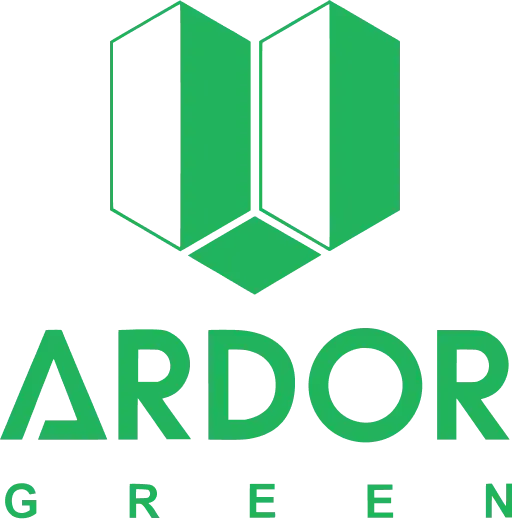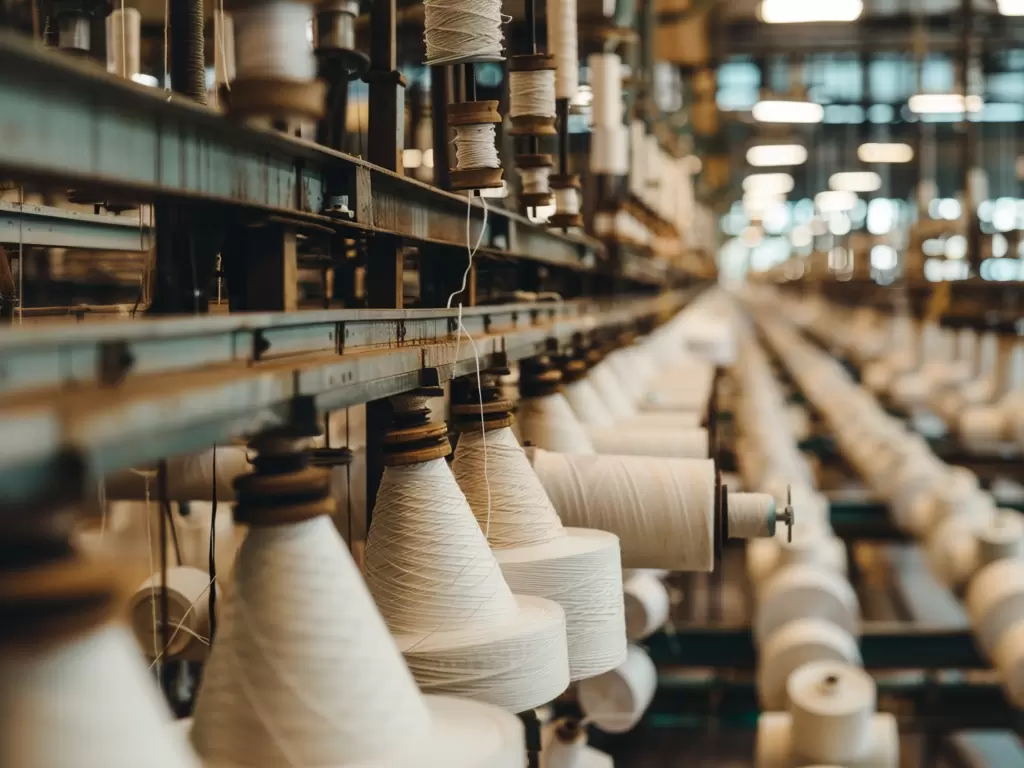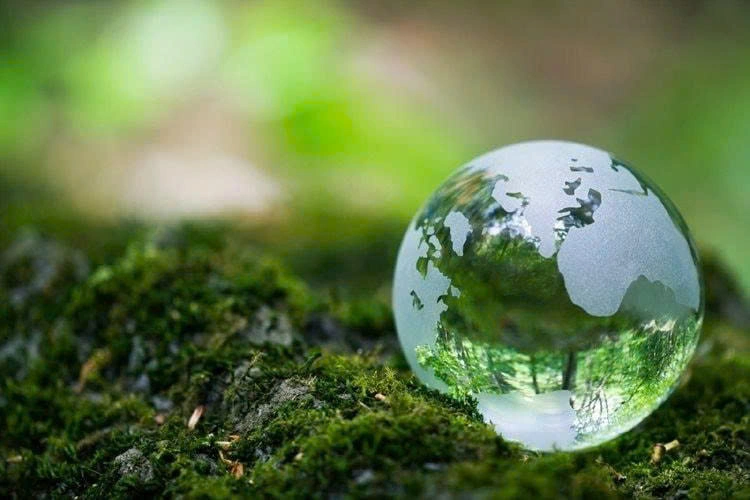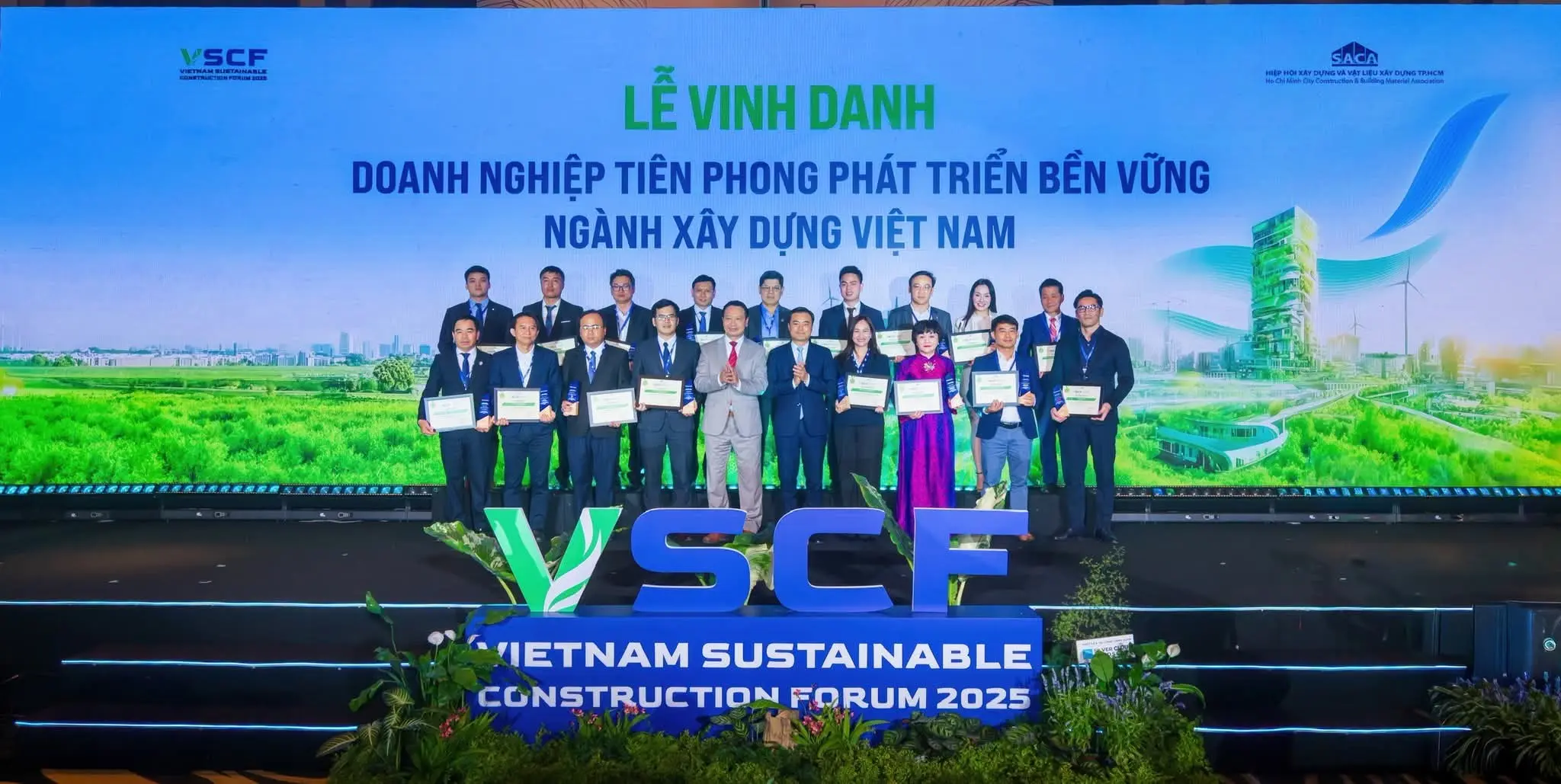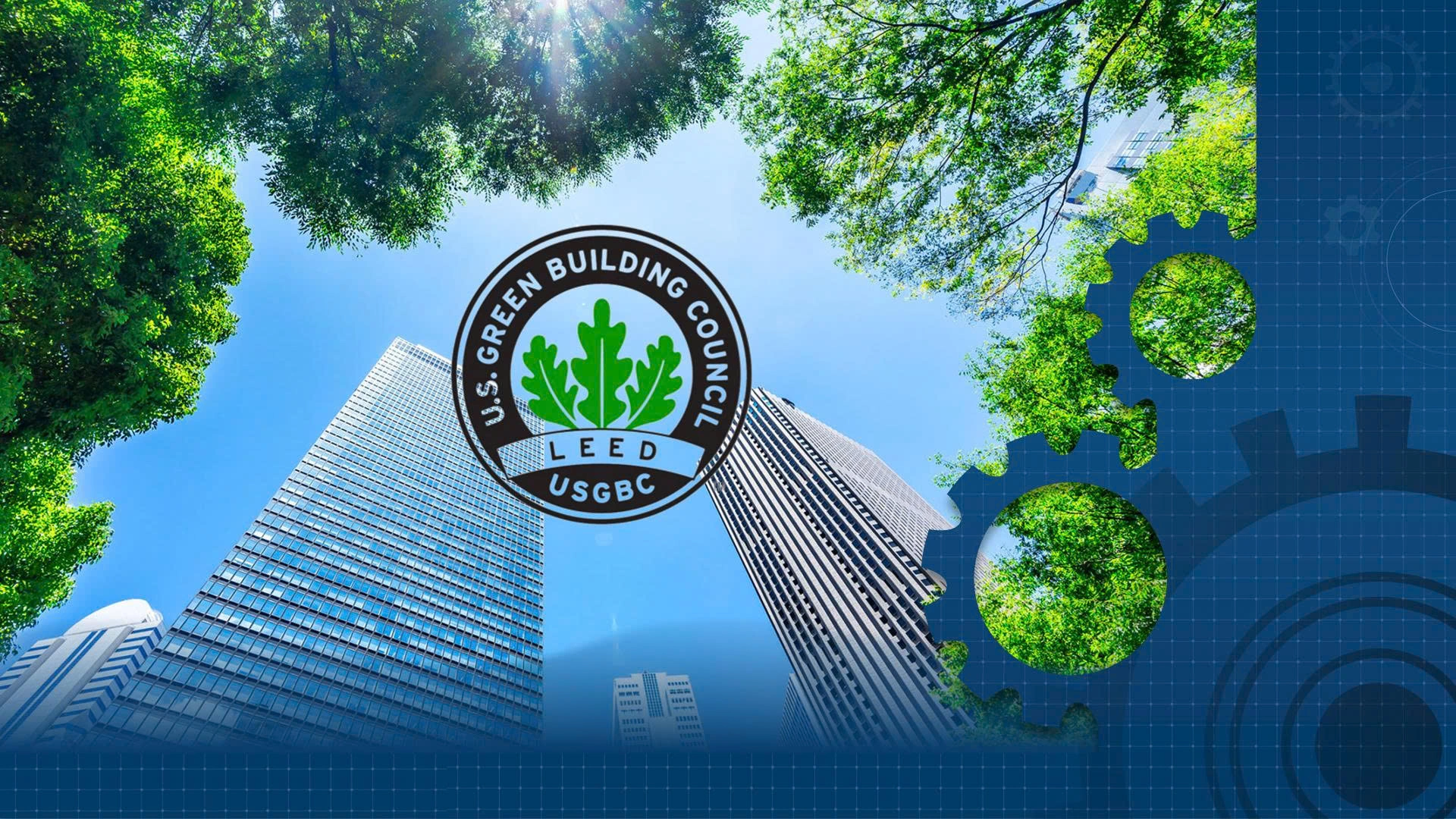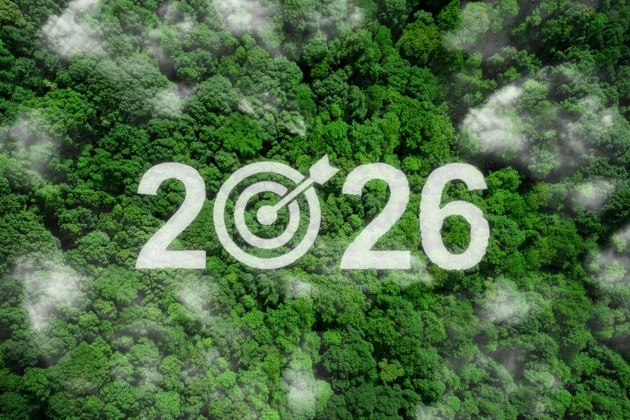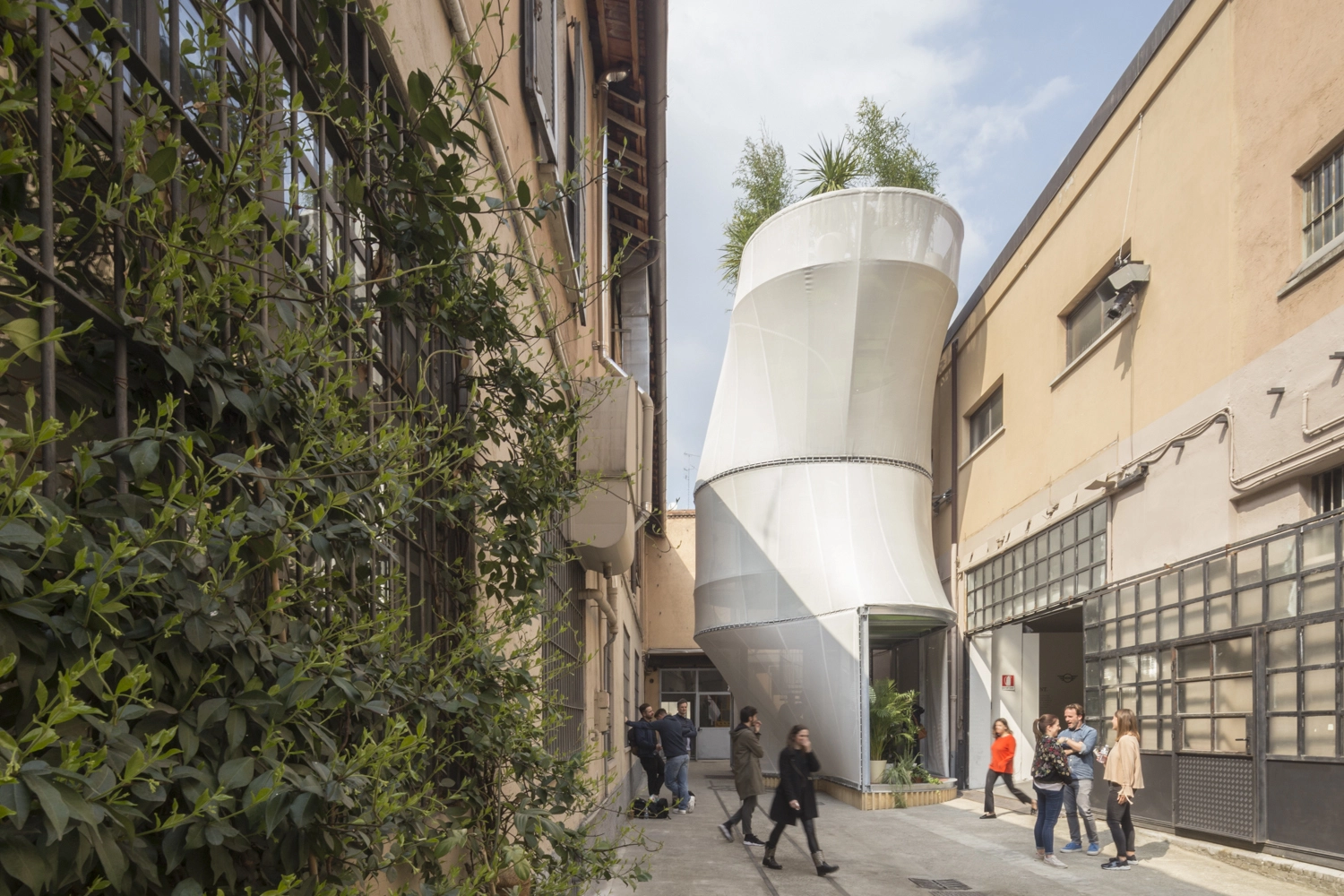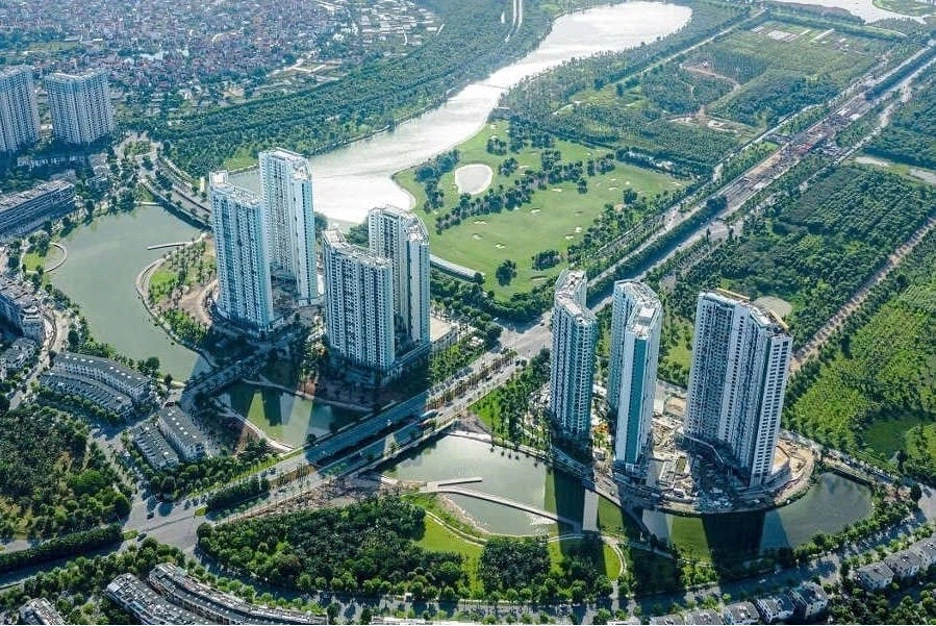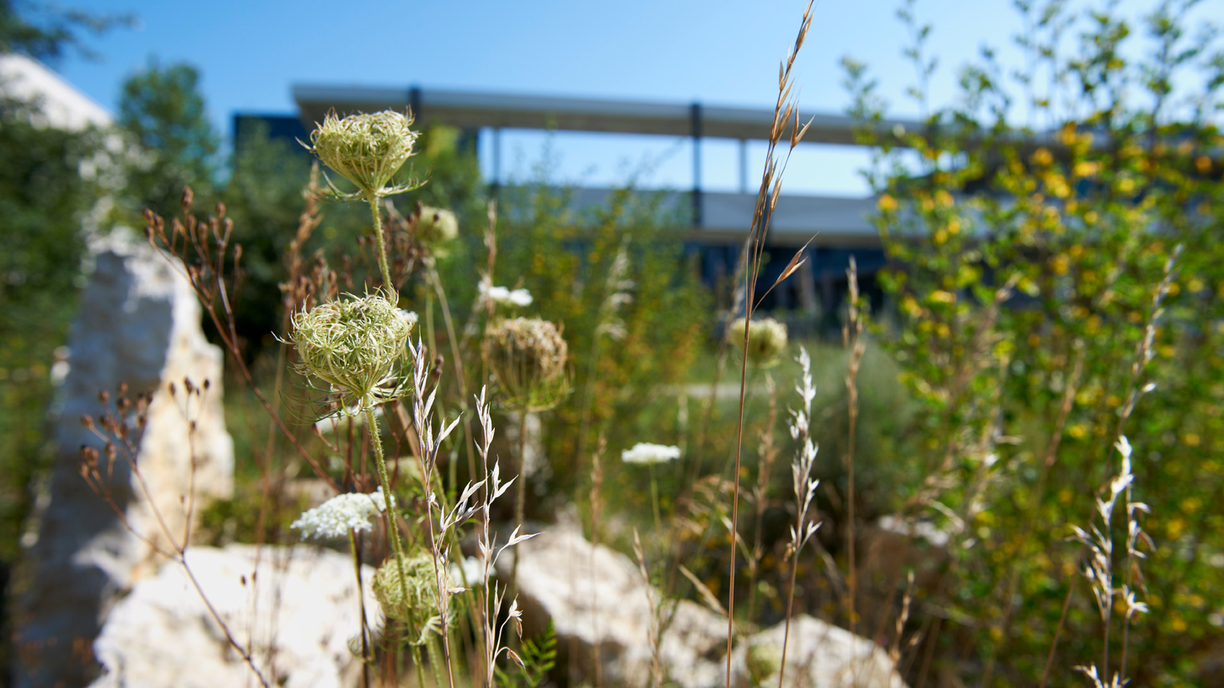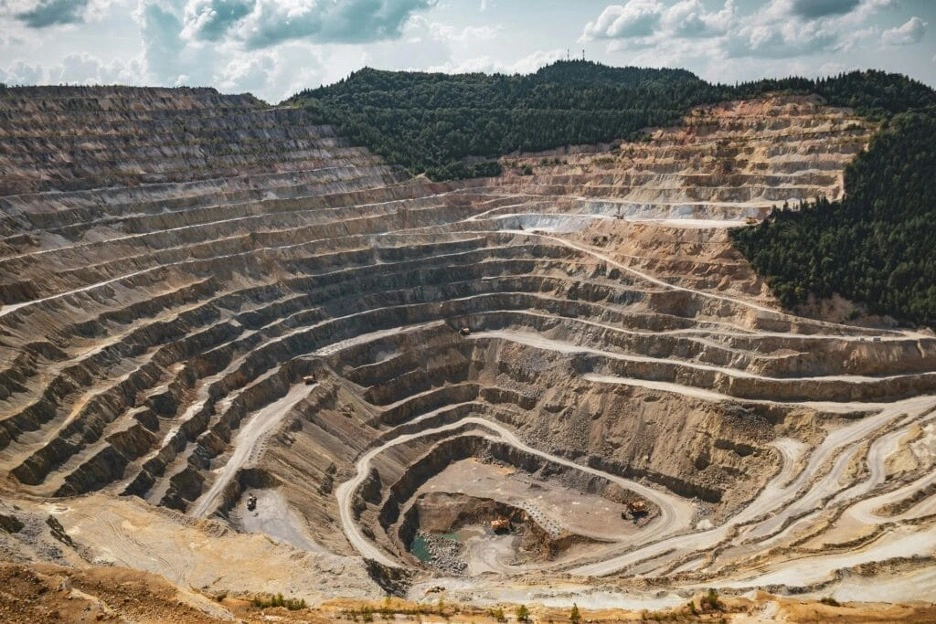News & Research

Sustainable Productions: More than just enterprises responsibility
There are increasingly strict regulations from export markets and brands on greening production and supply chains, as well as sustainable development criteria. This forces Vietnamese textile and garment enterprises to improve their greening process more strongly. Going green is not only the responsibility of each business; the entire industry needs to participate to create a green business community and build a sustainable supply chain image in the eyes of consumers and international buyers.
ARDOR Green named Vietnam’s Top 3 LEED® Proven Providers™ by GBCI
What this means for our clients: A more efficient LEED review timeline, with approvals completed significantly faster than the standard review process. Direct and enhanced engagement with the GBCI review team, enabling complex issues to be reviewed and resolved through focused, one-on-one discussions. Independent recognition of ARDOR Green’ established expertise in LEED project administration, reflecting the firm’s high standards in design quality and documentation.
Unlocking Multi-Credit Synergies through Integrative Design in LEED v4
The realization of benefits associated with LEED starts with a transformation of the design process itself. Rather than treating credits as separate components on a checklist, an Integrative Process encourages project teams to identify synergies and interrelationships across multiple categories. By conducting early research and analysis during the "discovery" phase, teams can implement specific building features that "stack" points, achieving high levels of performance and cost-effectiveness.
Re-shaping the Construction Industry: When Emissions, Technology, and Data Become the New Market Standards
In recent years, green finance has often been cited as the key that enables Vietnamese enterprises to access international markets. However, the broader picture of the construction industry reveals a far deeper transformation: the world is not merely changing how capital is allocated, but is fundamentally restructuring the entire industry toward low emissions, advanced technology, and data transparency.
ARDOR Green Named the Only Green Design Consultancy Among Vietnam’s Sustainability Leaders
At the Vietnam Sustainable Construction Forum (VSCF) 2025, a national-level event welcoming more than 500 delegates from government agencies, businesses, industry experts, and international organizations, ARDOR Green was honored as the only design consultancy among 17 pioneering enterprises recognized for sustainable development in Vietnam’s construction industry.
Low-Cost Pathways to LEED Certification: A Practical Guide
This guide outlines LEED credits and prerequisites that can be achieved with little to no major material or construction cost. These strategies focus on early planning, documentation, process alignment, and smart site selection, making them especially suitable for projects seeking cost-effective sustainability outcomes.
Vietnam’s Government Policy: Reshaping the Future of the Construction Industry
The Vietnamese government is accelerating policy reforms that are poised to transform the construction industry over the next decade, balancing ambitious growth with environmental sustainability and regulatory rigor.
“Green” Imprints 2026: Trends, Evidence, and Lessons from Southeast Asia
Hanoi / Ho Chi Minh City, 2026 — The year 2026 marks another decisive phase of transformation in Vietnam’s real estate market: “green” is no longer a marketing slogan but is becoming a criterion for financial risk assessment, capital access conditions, and project operation standards.
When Voids Speak: Terrain Vague and the Cities That Resist Total Planning
Every city carries fractures within it — remnants, vacant lots, abandoned structures, and layers of surplus infrastructure that fall outside the spotlight of official planning. These are spaces out of sync with urban order, yet they unexpectedly form the city’s “underside,” where seemingly continuous structures begin to rupture.
Urban Cooling — A Sustainable Pathway Integrated into Infrastructure Planning
Vietnam is increasingly demonstrating strong commitment to reducing emissions and responding to climate change by placing “sustainable cooling” at the center of urban planning and development.
Nature in Cities: Ecological Infrastructure — Not Decoration
Urban nature isn’t a decorative layer. It cools streets, filters water, reduces floods, supports pollinators—and improves human wellbeing.
Resilient Cities: Infrastructure and Legal Frameworks Must Advance Together
A resilient city is an urban area capable of absorbing, adapting to, and recovering from shocks and long-term stresses — from acute disasters such as storms, floods, and landslides, to chronic pressures such as rapid urbanization, ecosystem degradation, and supply-chain vulnerabilities.
Resource Autonomy Amid Resource Scarcity: Is It the Solution?
As resource scarcity intensifies and geopolitical instability escalates, the concept of resource autonomy is emerging as a strategic priority. This article analyzes how resource autonomy not only complements but may even surpass the circular economy as a framework that enables industrial systems to adapt to the future.
Build Green, Build with ARDOR Green
